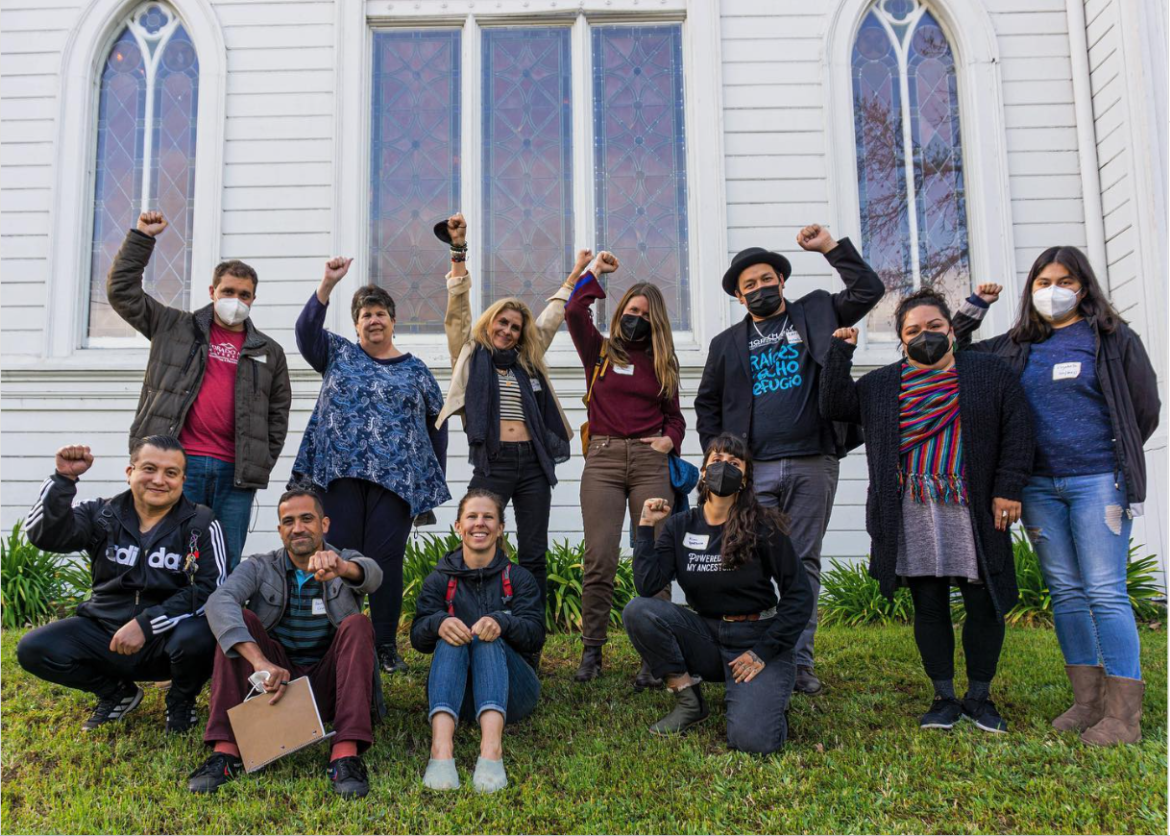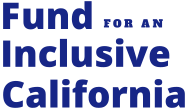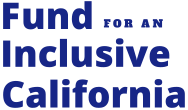
Inside Philanthropy: With a Power-Building Approach to Housing in California, a Pooled Fund Evolves and Expands
JANUARY 31, 2024
The affordable housing crisis in California requires many approaches, at the center of the work for Common Counsel Foundation, and the Fund for an Inclusive California, is supporting the power of communities of color to determine what works best for their communities.
In January 2024, Inside Philanthropy spoke with Jazmin Segura, Director of the Fund for an Inclusive California, as well as Community Advisors and funder partners to learn more about the community-driven strategies and new co-led governance structure that is the next stage in advancing power sharing with community partners.
“Despite new legislation and continued promises of action, a full 28% of all people experiencing homelessness in the U.S. live in California. For years, the proposed solution has been to build more housing, but one pooled fund is taking a different approach.
The Fund for an Inclusive California, which officially launched in 2018, is a trust-based collaborative fund that works to address the state’s housing crisis by supporting power-building and community-led organizing efforts in the state. Originally meant to sunset in 2020, the fund has announced a new round of grants totaling $1.7 million as part of its five-year, $25 million second phase.
The fund, which is an initiative of the Common Counsel Foundation’s Housing Justice Initiative and remains housed there, has retained many of its original funders, including The California Endowment, the Chan Zuckerberg Initiative, the James Irvine Foundation, the Weingart Foundation and the San Francisco Foundation. The fund raised $13 million in its first phase.”
“We see that shifting political power from the few to the many is a critical element of what this fund is trying to do to ensure that communities that have been disproportionately impacted by housing inequality and housing insecurity, those who have been most in danger of displacement, land grabs, climate crisis, that they have a powerful voice and that they get to have the opportunity to influence and inform the decisions and solutions.”
Jazmin Segura, Director of the Fund for an Inclusive California at Common Counsel Foundation
The fund is also prioritizing organizing other funders and educating them on housing justice. The fund allows for funders to break out of their silos and find ways to fund the different strategies needed to address an issue as big as housing inequality.
‘Collaboration,’ Segura said, ‘is necessary to make a significant impact.’”
About Fund for an Inclusive California
The Fund for an Inclusive California advances racial and economic equity by supporting power building of communities of color. The Fund is a program of Common Counsel Foundation. Since 2017, we have aligned funders to support an ecosystem of housing justice efforts led by communities across California, making $13 million in grants. The community partners are organizing to protect tenants, preserve and produce affordable housing for low and extremely low-income residents, and advancing equitable development policies that prioritize the long-term well-being of all Californians. Learn more at F4ICA.CommonCounsel.org.
About Common Counsel Foundation
Common Counsel Foundation has more than 35 years practicing progressive philanthropy, funding grassroots social movements and centering the leadership of communities that have historically been marginalized by intersecting systems of oppression. We partner with families and individual donors and are home to multi-funder collaborative initiatives, all with the goal to expand philanthropic resources for progressive social movements. In 2023, Common Counsel directed nearly $48 million in grants to community-led organizations. Learn more at www.commoncounsel.org.


Central Valley Impact Brief: Building a Powerful Regional Housing Coalition
Inland Region Impact Brief: Powerful Multi-Racial Organizing for Housing Justice
F4ICA Announces First Round of $1.7 Million in Grants in New Community-Designed Five-Year Phase